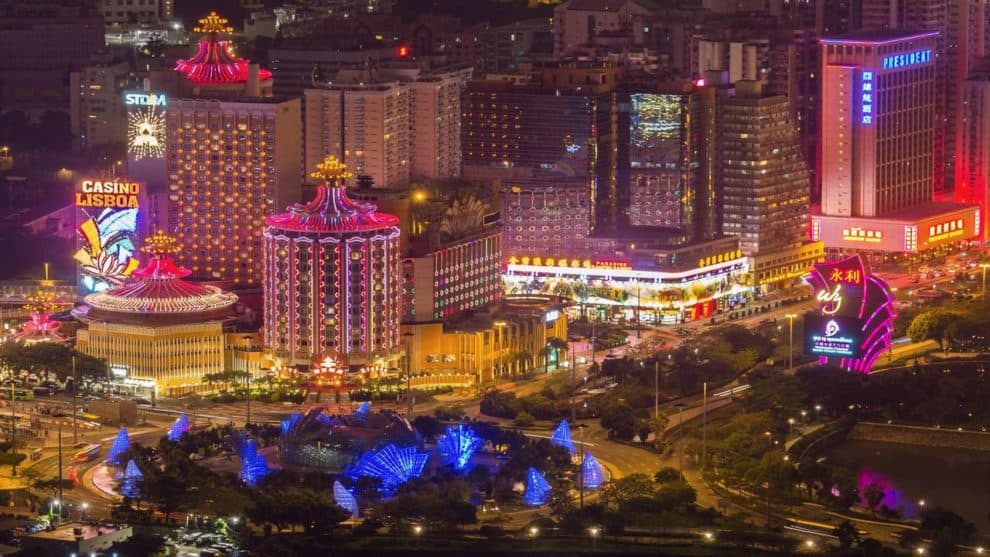
- The six incumbant gaming operators in Macau have all been provisonally awarded 10 year concessions.
- Previously, these concessions were awarded for a period of twenty years.
- The length of the renewed concessions is one of a confluence of factors that could diminish future international investment in Macau.
The topic of future foreign investment in Macau is more than a tactical approach chosen by Sands Las Vegas in their licensing renewal process–it’s something that is now being seriously questioned by gaming industry observers, myself included. Gaming revenues from Macau have flatlined since the start of the COVID pandemic. Unlike jurisdictions like Las Vegas, there’s yet to be a post pandemic rebound due to the Chinese government’s much maligned ‘Zero Covid’ policy. Estimates suggest that the industry has lost billions in the first six months of 2022 alone.
The press release gave some more information about the Sands tender submission:
Sands China’s tender submission in September highlighted the company’s unprecedented level of investment in Macao, particularly in the area of non-gaming tourism amenities and attractions. It also detailed Sands China’s plans to help broaden the appeal of Macao as an international tourist destination.
Other highlights of the submission included a summary of Sands China’s industry-leading programmes for assisting and supporting local SMEs, the strong community outreach of the Sands Cares Ambassador volunteer programme, the company’s robust charitable giving programme, and the award-winning training and development programmes that have nurtured team members to gain new skills and advance their careers.
Additionally, Sands China plans to strengthen many of its longstanding local talent development initiatives, including expanding the offerings of the Sands China Academy – aimed at creating additional opportunities for upward career mobility and further increasing the percentage of locals in management positions, which currently stands at over 90 per cent.
There’s also the shorter term of the gaming licenses which–in theory at least–could reduce the interest in major investment. Throw in a higher tax rate and significantly lower revenue and you get a scenario such as the one outlined by Leon Leong of the analyst firm Reorg:
“The sharp decline in Macau gross gaming revenue (GGR) alongside a new requirement for casino operators to pay gaming taxes based on a minimum annual target GGR has had and will have a negative impact on their profitability,” Leon Leong, a senior analyst at Reorg, told Insider. Reorg provides intelligence on financially distressed companies.
Leong went on to emphasizes the potential impact of the shorter licenses and the potential for higher geopolitical tension between the US and China on foreign investment in Macau:
In 2002, gaming licenses were granted to the casinos for a 20-year period, but the new licensing duration has been slashed to 10 years. Because of the shorter license, “casinos may be relatively reluctant to invest more as there is greater long term uncertainty,” Leong said. That’s especially in the context of greater US-China geopolitical tension: Most of the concessionaires’ parent companies are US based.
It’s a tough situation. Continued investment in Macau is essential for keeping the city at the top of the gaming destination hierarchy. At the same time, the reticence of companies to bankroll investment is also understandable. How it plays out could determine the long term viability of Macau as a massive revenue generator for everyone concerned.









